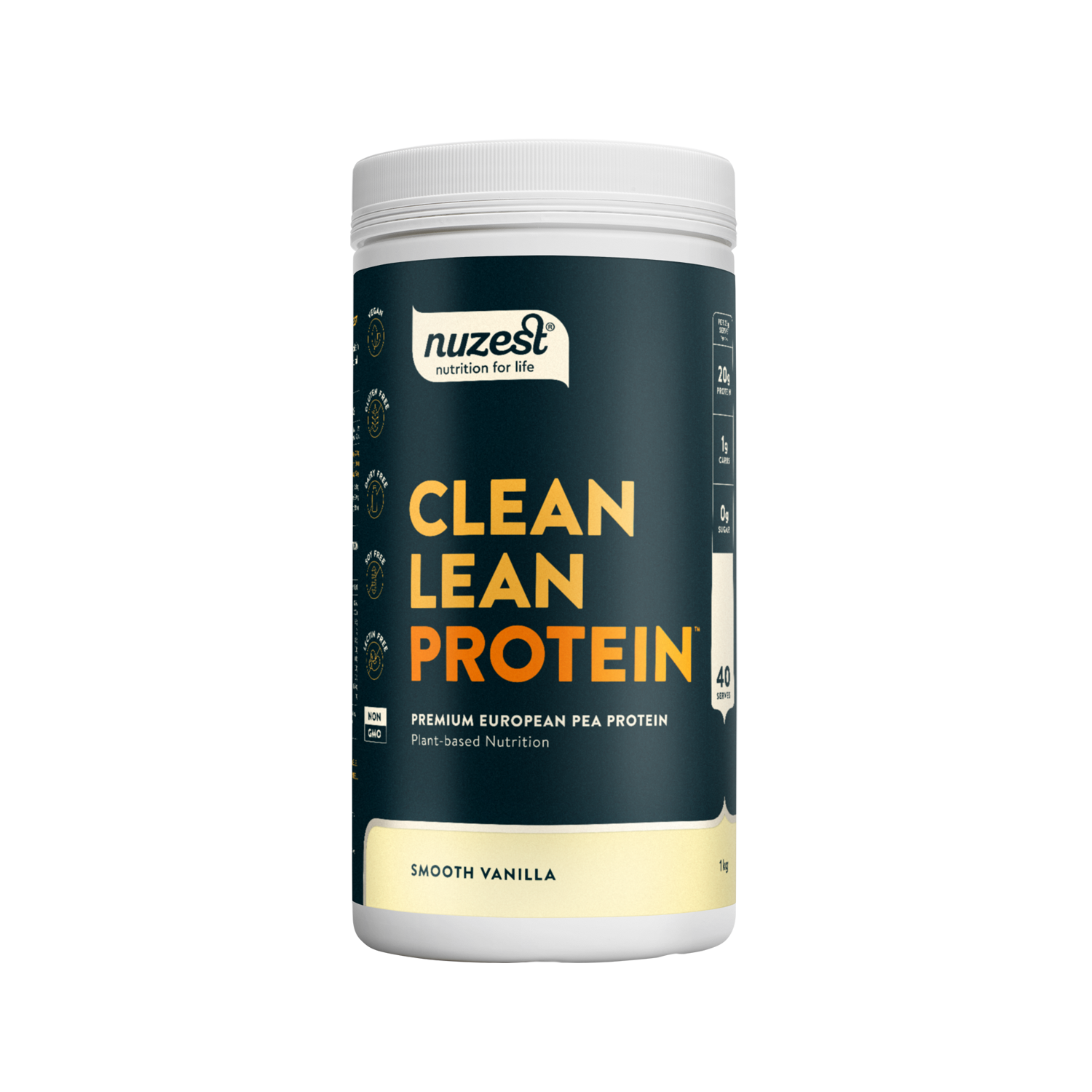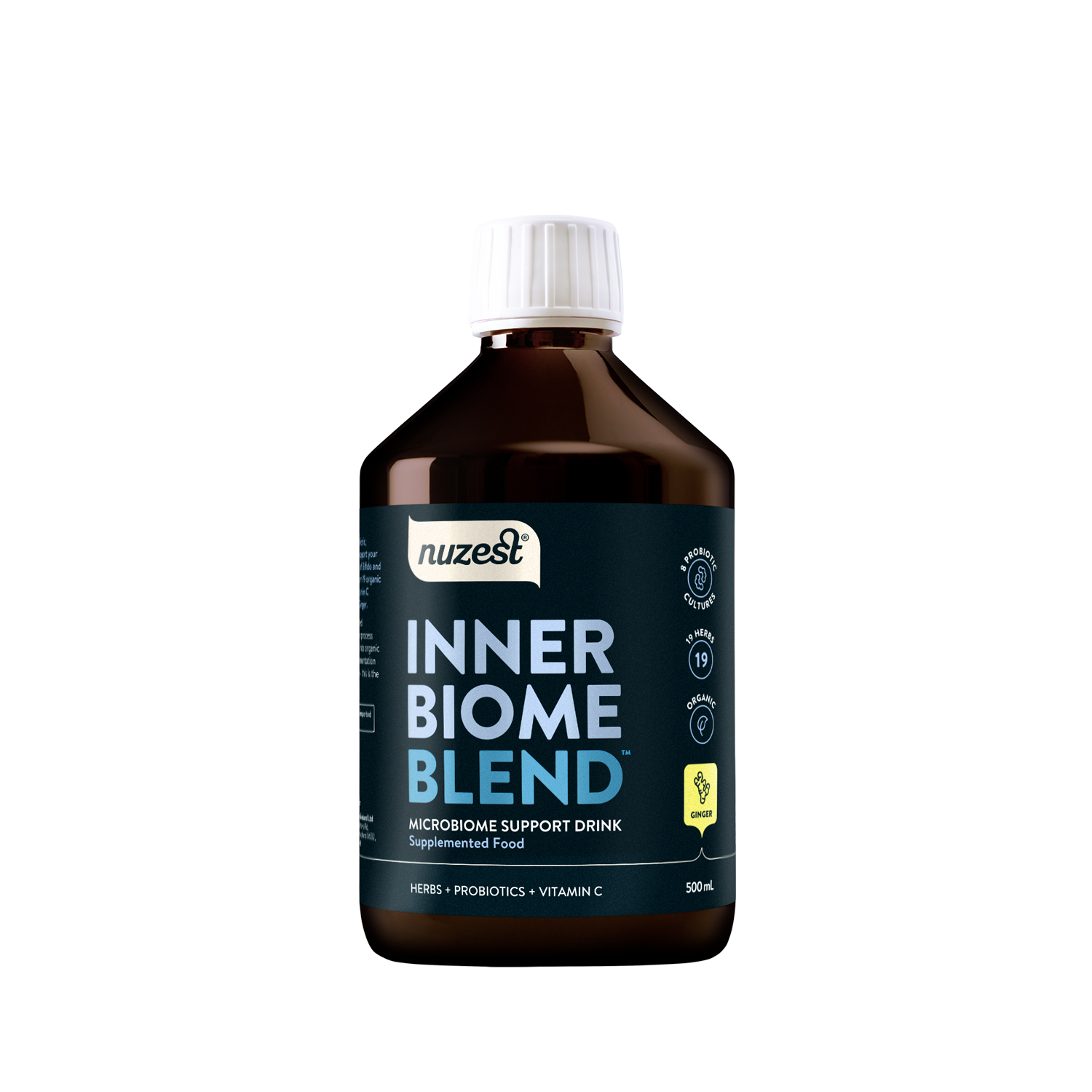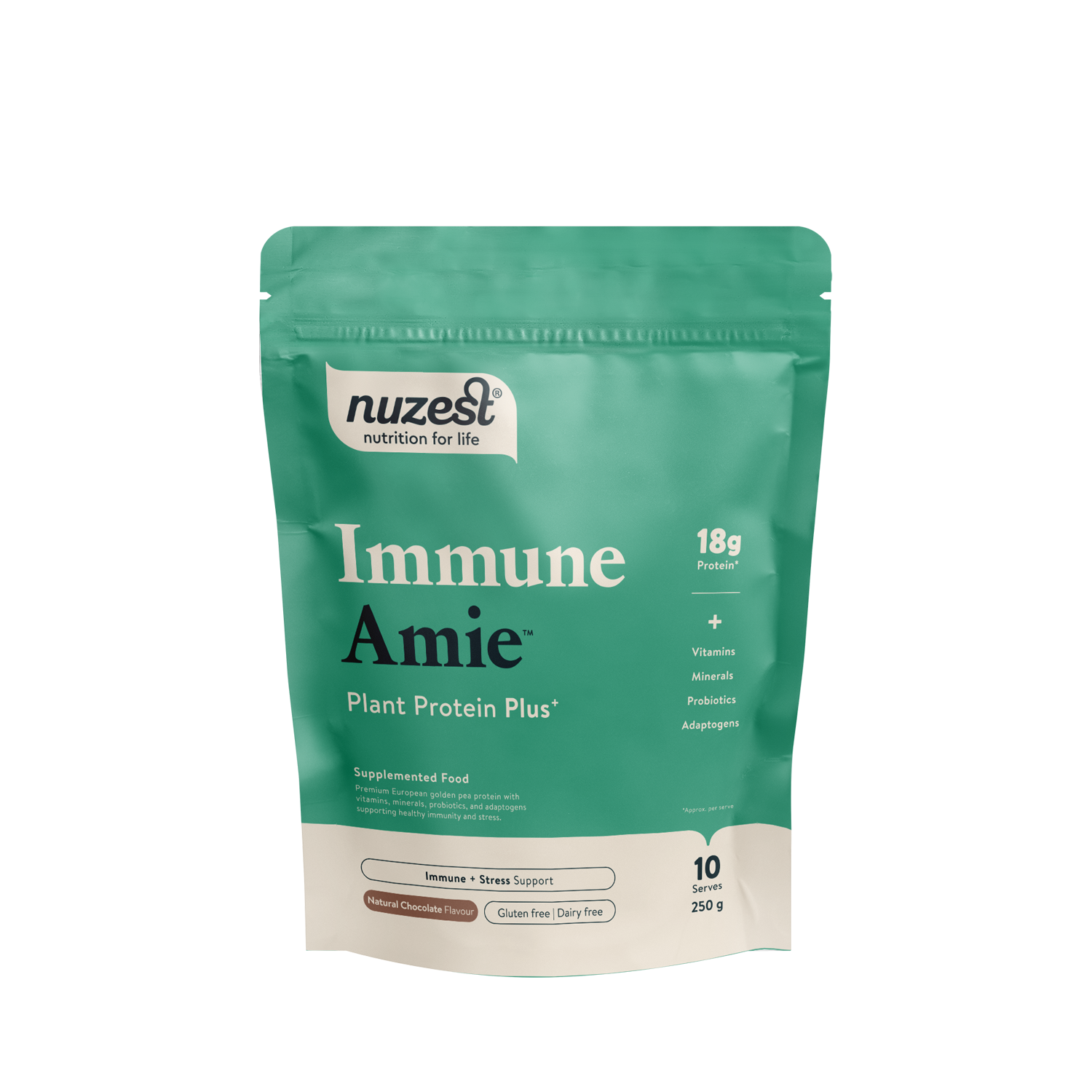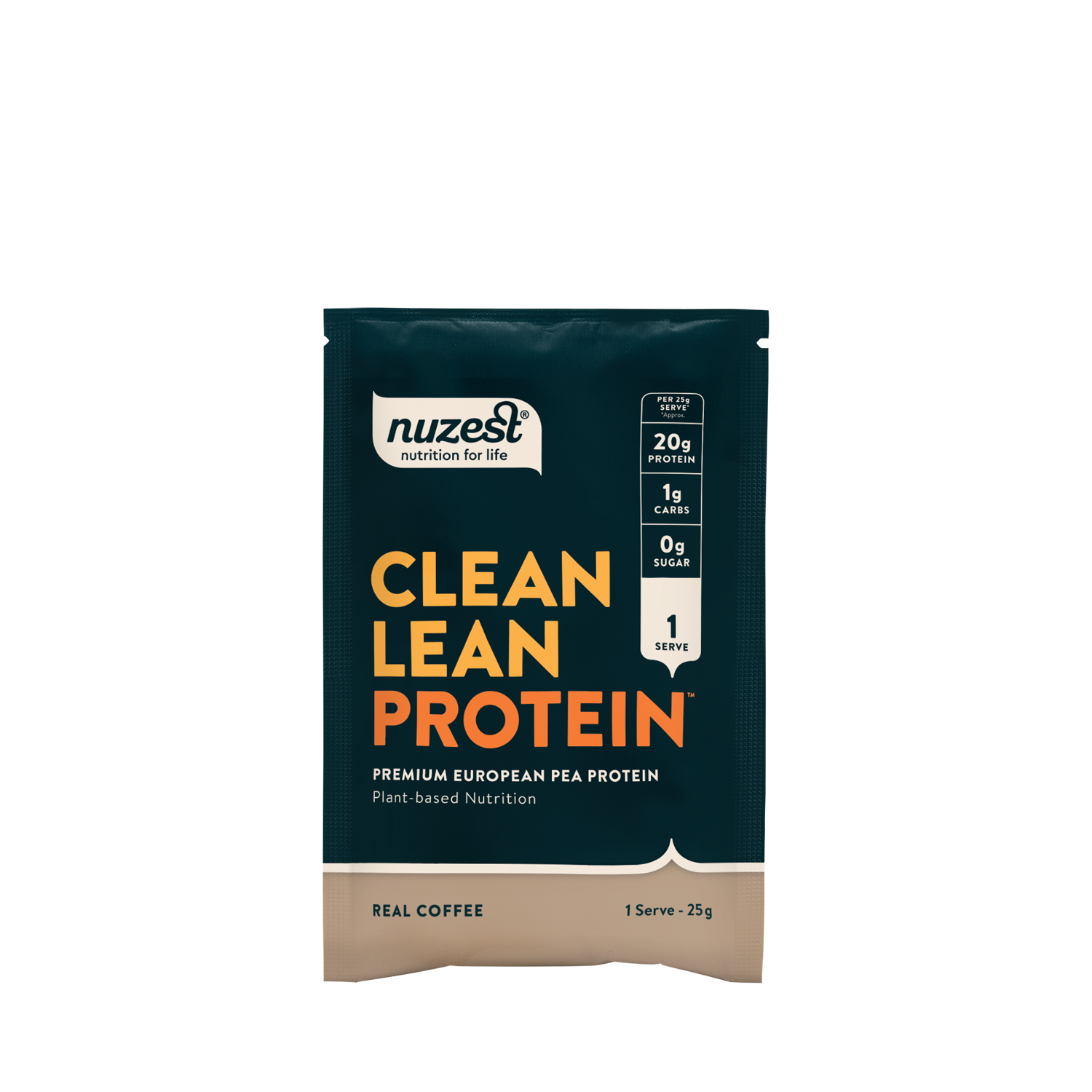Vitamin E
D-Alpha Tocopherol Acid Acetate & Mixed Tocopherols; D-alpha tocopherol succinate
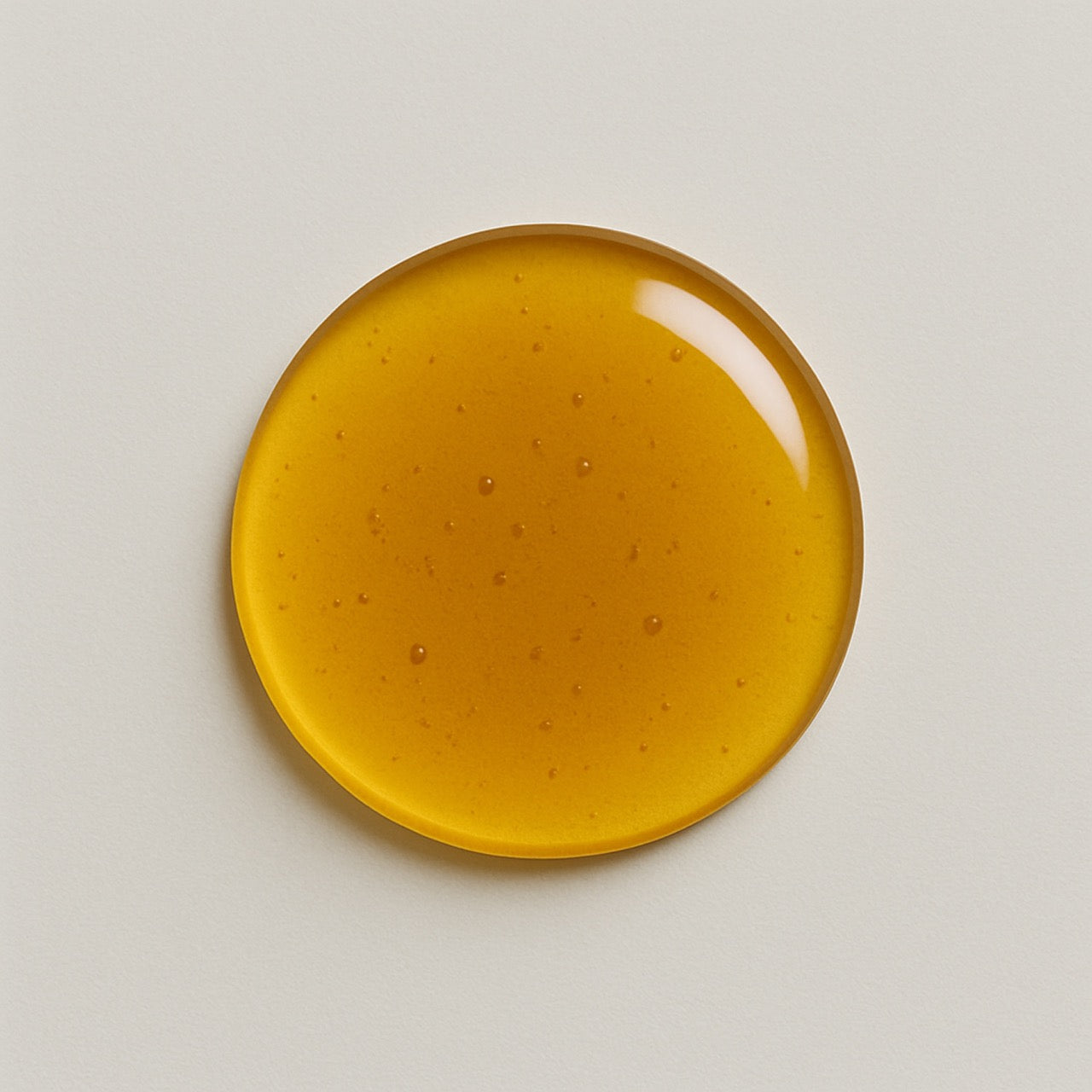
Vitamin E refers to a group of fat-soluble compounds, primarily tocopherols and tocotrienols, with antioxidant properties. It is added to foods, oils, and supplements.
Products:
Anti-Inflammatory Properties of Vitamin E
Vitamin E exhibits anti-inflammatory effects by neutralising free radicals—reactive compounds that can initiate inflammation and oxidative stress within the body. Through its antioxidant activity, vitamin E may help modulate chronic inflammatory responses and could provide therapeutic benefits in conditions such as arthritis and inflammatory skin disorders.¹
Vitamin E for Immune Health
This vitamin plays a vital role in immune support by enhancing the function of immune cells, including T-cells, which are critical for pathogen defence. By augmenting immune responses and mitigating oxidative damage, vitamin E contributes to the body's ability to resist infections and maintain overall immune system health.²
Vitamin E and Skin Health
It is also well recognised for its benefits to skin health. Its antioxidant properties protect skin cells from environmental stressors such as pollution and ultraviolet (UV) radiation. Additionally, vitamin E supports skin hydration and tissue repair, helping to improve elasticity, reduce the appearance of scars, and promote a healthy complexion. Due to these effects, it is commonly incorporated into skincare formulations aimed at soothing dry or irritated skin and minimising visible signs of ageing.³
What Are Tocopherols?
Tocopherols comprise a group of chemical compounds that represent different forms of vitamin E, including alpha, beta, gamma, and delta variants. Among these, alpha-tocopherol is the predominant and most biologically active form within the human body. Naturally occurring in foods such as nuts, seeds, and vegetable oils, tocopherols contribute significantly to the antioxidant properties attributed to vitamin E.⁴

